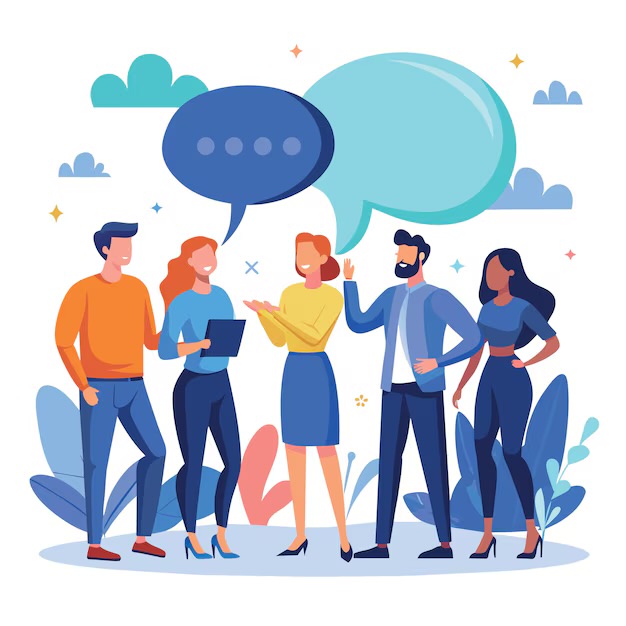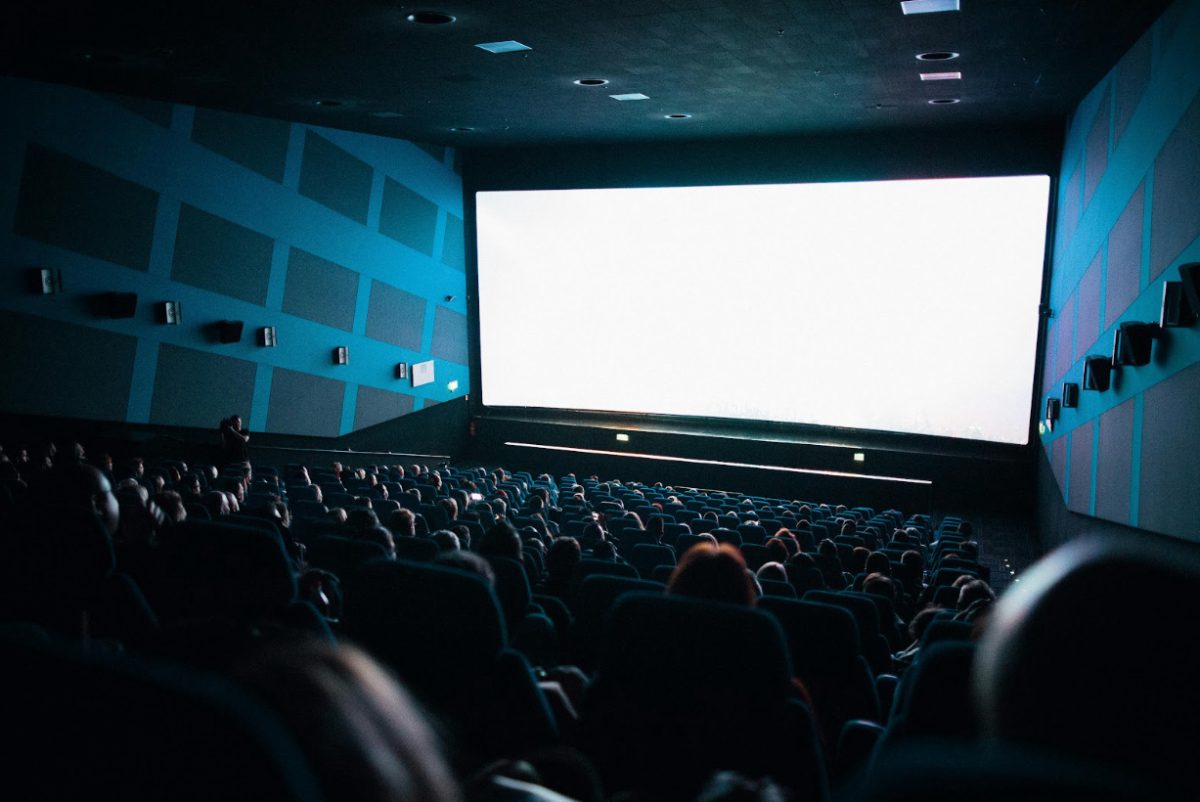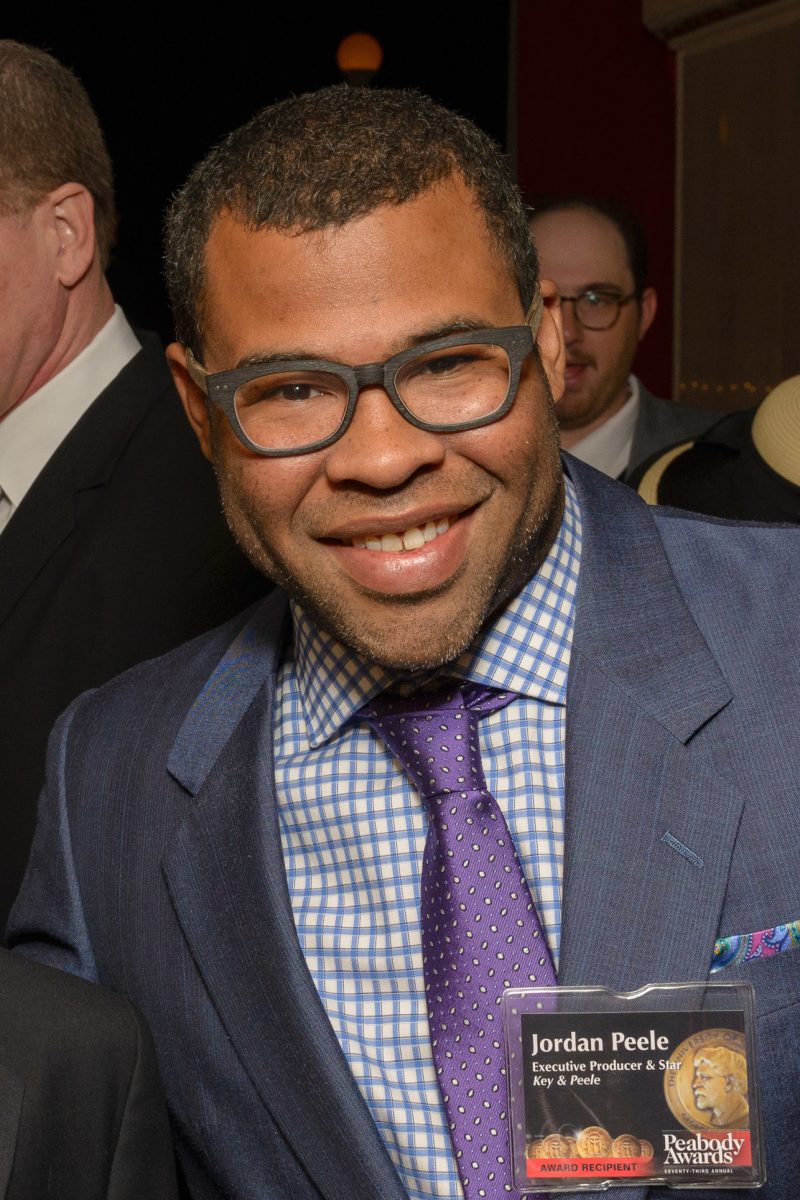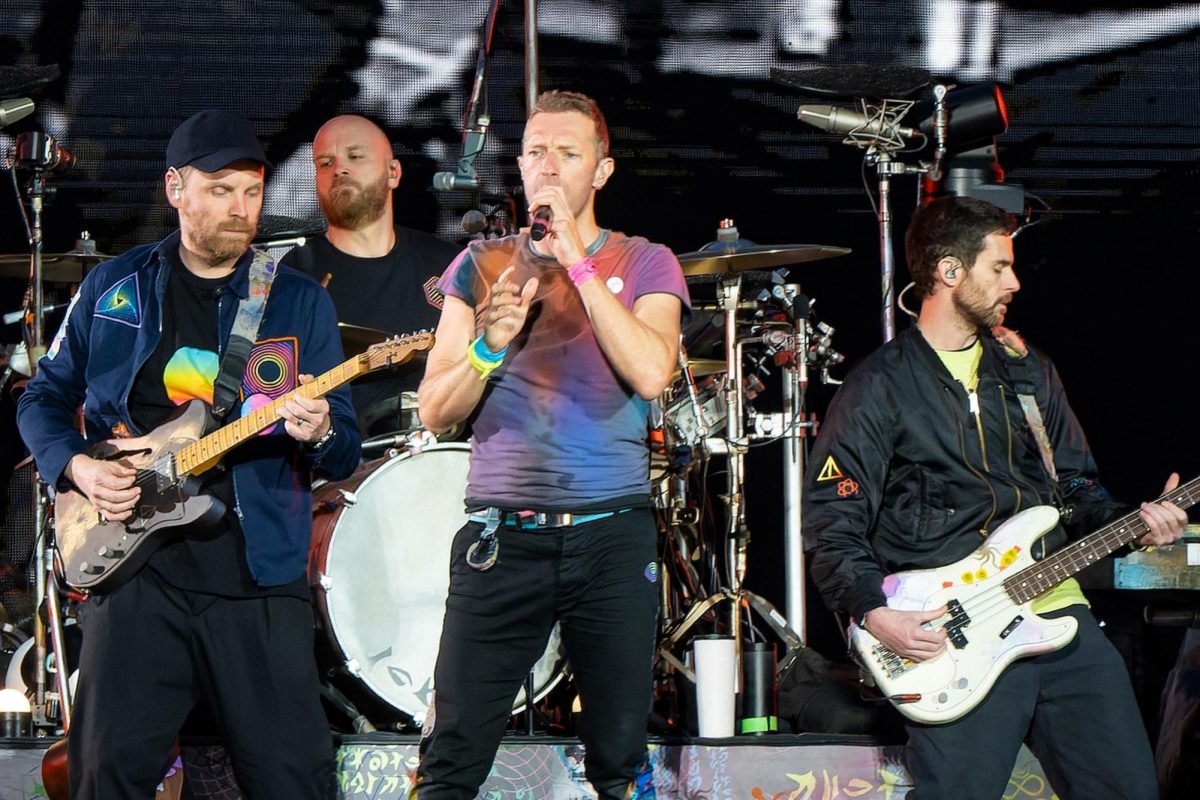Have you ever had a conversation with someone that made you remember how wonderful it is to talk to people? I certainly have. Some of these conversations are quiet. They creep in and leave a kind of softness between friends who know exactly what the other one means. Some of them are loud and demand voices full of passion and crazy gestures to show how much you care. All of them involve humanity discussing things that make them feel human.
In this day and age, debates can be quite scary. A form of this beautiful human connection can quickly turn into something used to hurt people. Whether political conversations or personal arguments with family or friends, debates have the potential to make people feel unheard or attacked. Some people in power use their debates to spark division and drive fear into the people they want to control. Many people use debates as a means of justifying past actions or future ambitions. With widespread media and political outreach, these debates gain traction quickly and impact an enormous number of viewers. Due to the mainstream nature of the media that we consume, the heated political debates that many of us have seen recently can make debating feel useless or impossible. Even in our personal lives, debates can quickly turn to arguments which make it an even more touchy subject.
Tom Rutledge is a teacher at MTHS who, among other things, has taught US History, Civics and Economics and AP Gov. He has also been the district’s social studies content specialist for several years. With Rutledge’s extensive background in socio-economic studies, his opinion on current debate culture is informed by his ability to professionally analyze human interactions.
“Politically, since probably 2015, 2016, there has been so much—such a significant amount—of polarization, that [debating] is a whole lot more complicated. There’s a degree of tribalism now where everybody aligns [one way or another],” he said.
All of that to say, there are still really wonderful things about debating, and entirely feasible ways to make it productive and meaningful. First and foremost, let’s talk controversial topics. Controversial topics can be anywhere from general political sides to specific issues like climate change or voting rights. These topics can pose as really big and often scary things to discuss with anyone because of their polarizing nature. It can be quite hard to find out that someone you know entirely disagrees with your stance on an issue that is important to who you are as a person.
While political debates between very influential figures on widespread social media are often hostile and unproductive, the debates that these figures and professionals have, even down to students and high schoolers, do not have to operate that way. We have the power to discuss polarizing topics with the baseline understanding that we are all people trying to be understood.
Although important and obtainable, we do not all use this power that we have. For this ideology to be effective, we have to be conscientious of it every time we debate something, and remind others of it when they neglect to operate in a way which respects others. Coming from the perspective of earnest understanding and listening to the person you are debating with eliminates a large part of the fear of judgement about not knowing enough or being ridiculed for personal interpretation that many experience in discussing these controversial issues. From that point, debates become a key point of connection between different kinds of people, from all cultural backgrounds, sides of politics, genders and sexualities- the list goes on. The connection that these kinds of debates allow us is one of the most lovely things about being a person. Allowing yourself to voice your opinions and allowing others to do so in a way that is meaningful to both of you is a really powerful way to facilitate human connection as long as it remains respectful.
Rutledge, while agreeing that current debate culture is far less than ideal, also has some ways in which he tries to encourage respectful discussion.
“Being willing to be open and vulnerable with people, and trusting that they will do the same with you. You also have to have that belief that your conversation will help you better understand [the other person],” he said.
While debates about controversial topics can be great for furthering human connection between opposing sides of an issue, they do not always have to be polarizing. Having a debate with someone about a subject that really does not matter in the fate of the world can be extremely relaxing and rewarding. Discussing what kind of flower is the best as opposed to a heavier topic without a definite solution. like world hunger or global warming, can help to make debates more accessible as well as less exhausting. With such widespread, heated debates, the idea of having a conversation with someone about any kind of controversial topic can feel overwhelming, which is why it is okay to let the debate be dumb. The world will go on and there are times when maybe you do need to have a serious debate, but that cannot be every day. Trusting that there are other people around the world working to make it better when you are not is so essential- just as it’s important for them to know that there are times you’re working when they rest. It’s also key to approach these debates with the understanding that just because the topics discussed aren’t gravely influential, the discussion still really matters. The act of jokingly debating on what defines a sandwich can just be hilarious and matter because it brings you joy. The joy that comes from having a silly conversation with someone you love is so important to the relationship you have with that person- even more so, sometimes, than a controversial debate would be.
Debates are a form of connection that, as of late, have felt less and less meaningful. Social media and the debate footage that circles around it can make them feel hateful and pointless. Donald Trump’s debate with Kamala Harris was one that circled extremely widely through the media and made many professionals feel that upsetting double standards regarding gender and professionalism were largely on display. A prior political debate with Trump and Joe Biden had similar effects in the sense of general disappointment with the way that both parties were acting as expressed by foreign sources. The wonderful thing about conversations and language, though, is that we have the power to change it. We can facilitate debates that make their participants feel heard by trying to come from an understanding perspective. We can encourage people to be less afraid of judgement by making debate topics more accessible, and we can recognize the importance of healthy debates for our connections to those around us. Debates do not always have to be hard and, when they are, we must always remember that there is a baseline of human respect in any conversation. I encourage you, spark a debate with a loved one. You might find out something new or learn about the world from a different perspective. At the very least, you will have shared parts of yourself with another person, and that’s beautiful.









